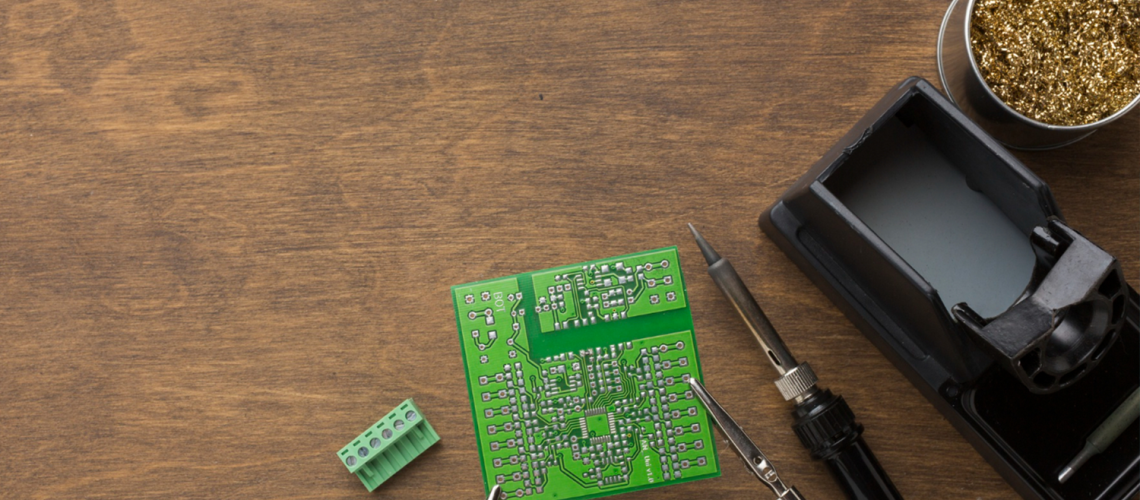Introduction:
The Industrial Internet of Things (IIoT) is revolutionizing the manufacturing landscape, and at the heart of this transformation lies the humble sensor. These small but powerful devices are becoming increasingly intelligent, interconnected, and capable of collecting vast amounts of data. This blog post will explore the rise of industrial IoT and how smart sensors are driving efficiency, productivity, and innovation in manufacturing.
The Evolution of Sensors in Manufacturing:
Sensors have long been used in manufacturing to monitor and control various processes. However, traditional sensors were often limited in their capabilities and required manual intervention for data analysis. With the advent of IIoT, sensors have become “smart,” and equipped with embedded computing power and wireless connectivity. This allows them to collect, process, and transmit data in real time, enabling manufacturers to gain unprecedented insights into their operations.
Smart Sensors: Key Applications in Manufacturing:
· Predictive Maintenance: Smart sensors can monitor the health and performance of equipment, identifying potential issues before they lead to costly breakdowns. This allows manufacturers to schedule maintenance proactively, minimizing downtime and maximizing production efficiency.
· Quality Control: Sensors can be used to inspect products in real-time, identifying defects early in the production process. This not only improves product quality but also reduces waste and lowers production costs.
· Process Optimization: By analyzing data from smart sensors, manufacturers can identify bottlenecks and inefficiencies in their processes. This allows them to make data-driven decisions to optimize production and improve overall performance.
· Supply Chain Management: Sensors can track the movement of goods throughout the supply chain, providing real-time visibility and enabling manufacturers to optimize inventory levels and improve delivery times.
· Worker Safety: Sensors can be used to monitor working conditions and identify potential hazards. This allows manufacturers to take proactive measures to improve worker safety and reduce the risk of accidents.
Challenges and Considerations:
While the benefits of smart sensors are undeniable, there are also challenges to consider. These include:
· Data Security: With the vast amounts of data being collected by smart sensors, ensuring data security is critical. Manufacturers need to implement robust security measures to protect their data from unauthorized access or breaches.
· Integration with Legacy Systems: Many manufacturers have existing legacy systems that may not be compatible with new smart sensor technology. Integrating these systems can be a complex and costly process.
· Cost: The initial investment in smart sensor technology can be significant. However, the long-term benefits of improved efficiency, productivity, and quality often outweigh the costs.
The Future of Smart Sensors in Manufacturing:
The future of smart sensors in manufacturing is bright. As technology continues to advance, sensors will become even more intelligent, affordable, and versatile. This will open up new possibilities for manufacturers to improve their operations and drive innovation.
Conclusion:
The rise of industrial IoT and smart sensors is transforming the manufacturing industry. By embracing this technology, manufacturers can gain a competitive edge, improve efficiency, and unlock new growth opportunities. Serente Electronics is committed to providing our clients with the latest smart sensor technology and expertise to help them succeed in the digital age.

